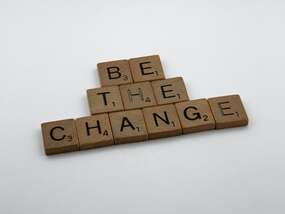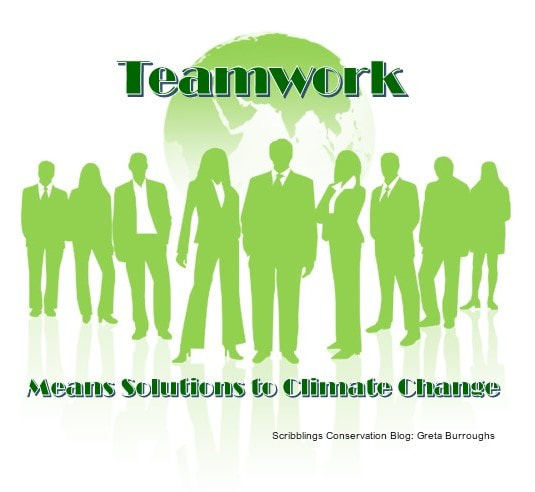
We moan, groan, and complain about pollution and rightfully so. Landfills are overflowing; plastic waste chokes our lakes, rivers, and oceans. Cigarette butts litter the roadways; old vehicles, appliances, and unwanted items clutter forested areas. Not only is all this garbage an eyesore, but it’s also detrimental to the environment.
I am on a mission. A mission to make a difference in this small sphere I call home. I have no grand dreams of conquering the corporate dragons that pollute the land, water, and air with their industrial run-off. My quest is to:
- Avoid contributing to the increasing pollution problem.
- Make a dent in cleaning up some of the accumulated waste.
- Impress others about the importance of not littering and the benefits of recycling.
Suppose my idea catches on and more and more people join in my campaign. In that case, we could begin an environmental revolution where recycling becomes the norm and non-recyclables are replaced with environmentally friendly items.
Who knows, we may even be able to shame the corporate dragons into submission.
Once Upon a Time
Once upon a time, life was simple. Humans lived in harmony with nature. Well, maybe not precisely simple or in perfect balance, but at least humans showed some respect for nature by only taking what they needed, and leaving behind only unusable items that would decompose into their component parts.
Then, our forefathers began to create non-biodegradable machines and materials to make our lives easier without considering the possible consequences of all these incredible inventions. Since the Industrial Revolution and especially during the last century, humans have continuously manufactured more and more items that last long beyond their usefulness.
After World War II, mobility and convenience became the preferred mode of life. We became a throwaway society. The idea of ‘toss it away and buy another’ applied to nearly all consumer products. It was cheaper to buy a new kitchen appliance or a children’s toy than to fix it. Plastic bottles replaced more durable and reusable items like glass milk and soda bottles. And now we’re left with figuring out how to get rid of all the garbage.
Much of that trash consists of materials with limited recycling programs available like tires, electronics, batteries, appliances, and cigarette butts. These items along with other consumer and industrial waste products add up to a massive amount of trash with nowhere to go except landfills.
As conscientious citizens, you and I do our part by recycling some of our plastic, glass, and cardboard and taking steps to lessen our carbon footprint. But are we doing enough? What do we do about items that are not recyclable? Is it possible to make a dent in all the accumulated garbage while keeping up with the waste we create now?
Earth 911
A new chapter has been added to our recycling the unrecyclable sage in recent years - E-cycling. Computers, monitors, telephones, and other electronic gadgets are no longer left in limbo when recycling. Some retailers like Best Buy, Office Depot, and Staples have a drop-off service for used electronics, and most cell phone providers offer recycling programs. Some of these services are free, some charge a fee. Using Earth911, you can find an e-cycle center near you, whether it is a store or a recycling center specializing in electronics.
This website also has listings for recyclers of other waste such as tires, automotive parts, paints, batteries, construction materials, and metals. Earth911 has a database of 100,000+ recycling centers across the United States, and their blog has interesting articles to help answer questions about green living.
What Else Can We Do?
We can play an ongoing role in recycling. See trash along the side of the road? Please pick it up and dispose of it properly. Separate your garbage into cardboard, plastics, glass, and paper and take them to a recycling center. Use Earth 911 to find programs that accept other items. There are hundreds of ways to show your respect for our environment.
We can also do our part by making wise decisions about the products we purchase. It doesn’t require a significant life change. It can be a small step—recycle something you haven’t before, purchase less of something, or change the brand of an item you are buying because they do something different with their packaging.
Small steps lead to bigger steps and change.
 RSS Feed
RSS Feed

